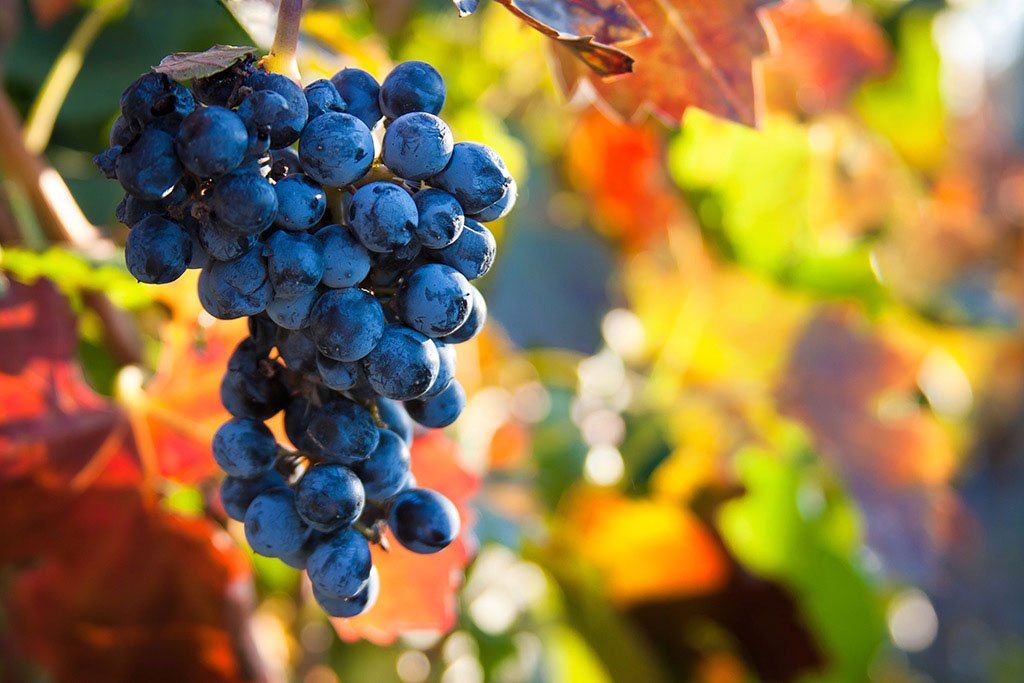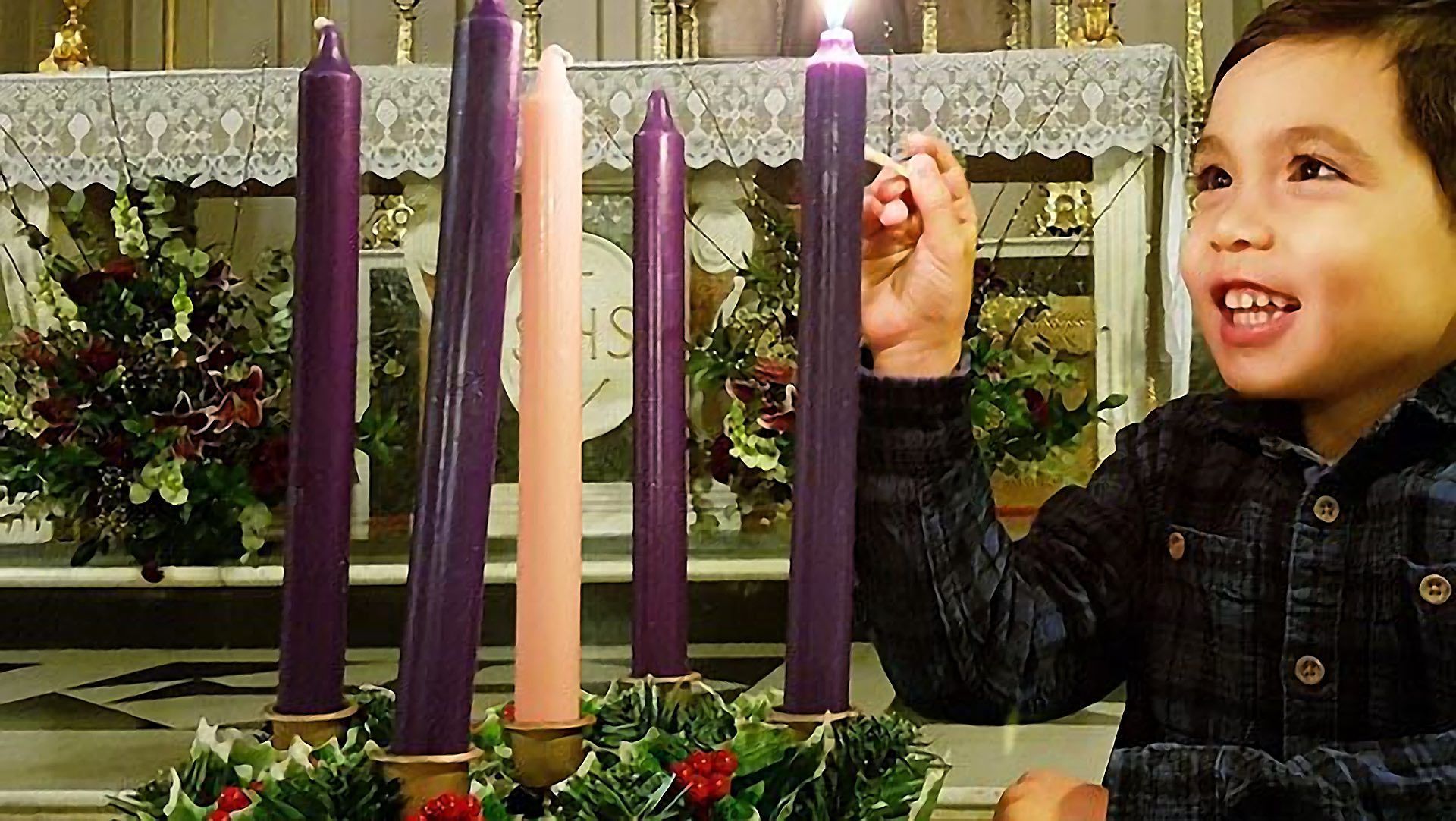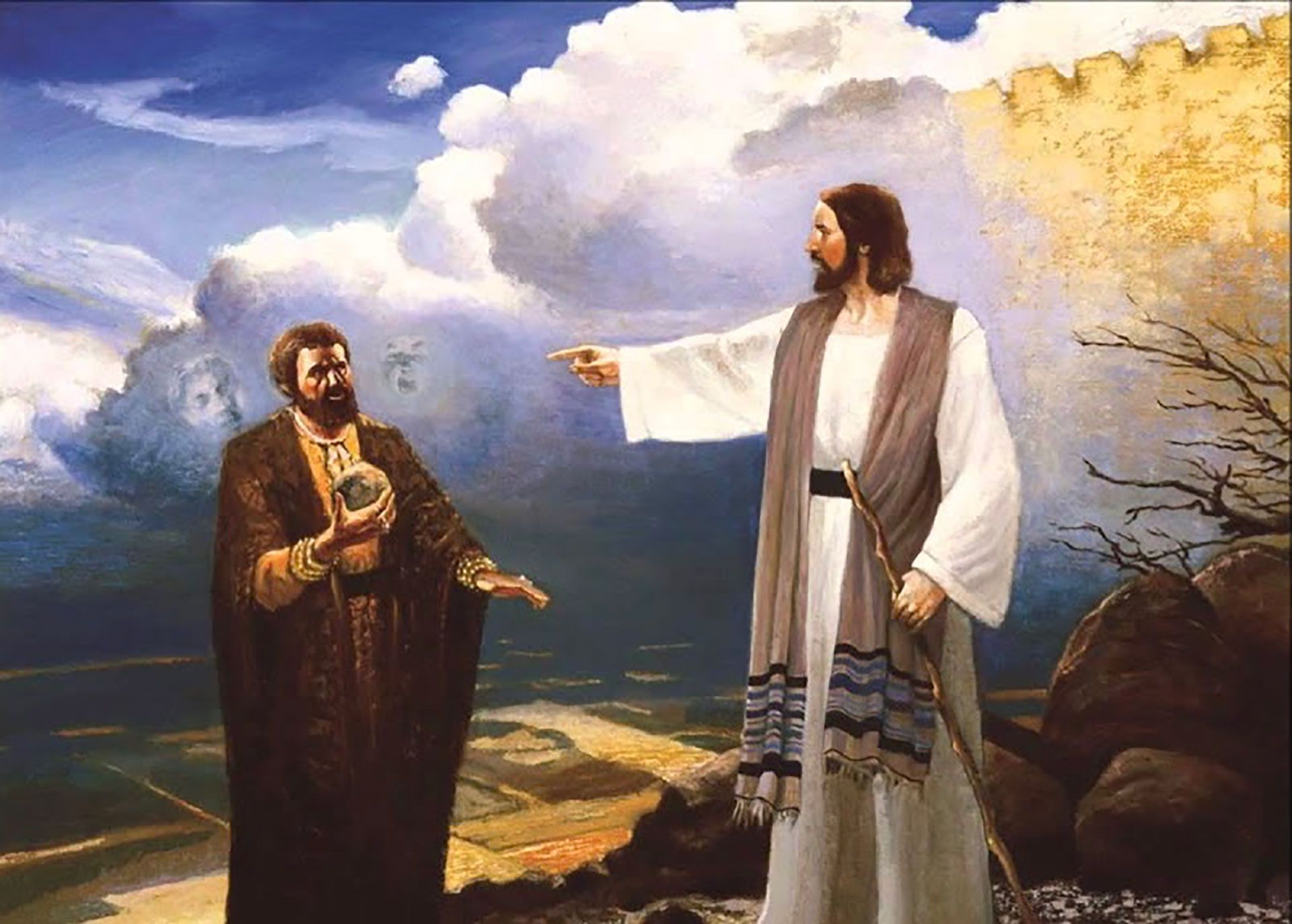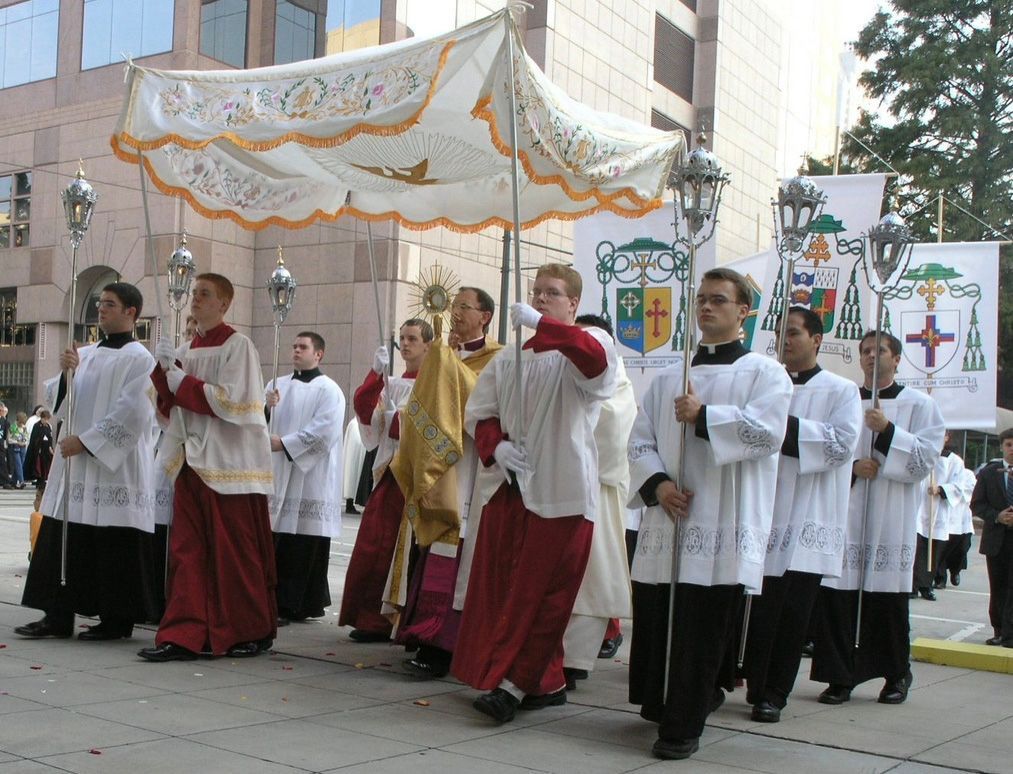The Fall Season And Biblical Harvest
Daily Grace Blog

Autumn is a favorite season for many. The smell of cinnamon, nutmeg, and vanilla fills a kitchen. The colors of carrots, squash, and green beans are all beautifully arranged on a table. The sound of dried leaves rustling in the wind is like nature’s music. People may also love autumn for the sense of nostalgia, holidays, and new beginnings. We look forward to sharing stories and laughs with family and friends. We are excited about the start of another school year and football games. Autumn is not only a significant time culturally, but this season also holds biblical significance. We can study Scripture and its theme of harvest to gain a deeper perspective of fall. For those of us who place our faith in Christ, autumn signifies the gospel and the coming of Jesus.
Old Testament Fall Feasts
Scripture introduces gospel hope through the fall feasts among the ancient Israelites. The Israelites were God’s chosen people through whom He revealed His plan of redemption. Living in an agrarian society, the Israelites viewed autumn in light of harvest. Harvest refers to a process or period when crops are gathered. To accompany the harvest season, God told the Israelites to celebrate three festivals (Leviticus 23 and Numbers 29). These festivals included the Feast of Trumpets, the Day of Atonement, and the Feast of Tabernacles.
As indicated in its name, the Feast of Trumpets began with a blast of a trumpet. Scholars claim that the instrument’s sound gathered the people and signified the arrival of God as their King. The Day of Atonement was when the High Priest entered the Holy of Holies, the place where the glory of God resided. The priest performed animal sacrifices there and then released a goat into the wilderness. These actions symbolized sin’s payment and its removal from the people of God. Finally, the Feast of Tabernacles was a time to remember God dwelled with the Israelites during their wilderness journey. The Israelites feasted on harvested produce and rejoiced in God’s provision.
When the harvest season was over, however, the Israelites continued in their brokenness. Nevertheless, in the festivals, God revealed that He would have mercy on His people, save them from sin, and dwell with them forever. Through Christ, the fall feasts have their fulfillment.
The Harvest Mission
In Jesus’s life, we see the realization in what the fall feasts symbolized. For instance, the Eternal Son of God came to earth and took on flesh. When He was born, a host of angels announced the arrival of King Jesus. The heavenly beings praised His name, and, like the sound of trumpets, their praises excited shepherds nearby to see. As the Israelites gathered together during the Feast of Trumpets, the shepherds too gathered before the manger.
Throughout His ministry, Jesus lived with His people. The God of the universe was with the lowly and humble. In Christ, He dwelt with us in a way similar to the Lord’s presence in the tabernacle but more intimate. The joy of His nearness was foreshadowed in the Feast of Tabernacles. But, in His first coming, His people feasted on His goodness and rejoiced in His salvation. Finally, when Jesus hung on the cross, Jesus embodied the Day of Atonement. As the Banished Goat, He took on our sins and was rejected. As the Spotless Lamb, He offered His body as a perfect sacrifice to pay for our debt. Jesus was also the True High Priest who entered the Holy of Holies and gave us access to God the Father at all times.
Jesus equated bringing people to salvation with the work of the fall season. After preaching the good news about the kingdom and healing people from sin, Jesus said to His disciples, “The harvest is abundant, but the workers are few. Therefore, pray to the Lord of the harvest to send out workers into his harvest” (Matthew 9:35-38). Belief in the gospel is a spiritual harvest. Through our faith in Him, Jesus reaps us for the kingdom of God.
Preparing for Jesus’s Return
Autumn not only looks back to what Jesus accomplished but also looks forward to His second coming. One day, we will hear a trumpet sound, and Jesus will descend from heaven (1 Thessalonians 4:16). Christ will raise us from the grave like the sprouts of good seeds bursting from a field (Matthew 13:37-43). Our natures will change to the glorious likeness of Christ (1 Corinthians 15:52). Jesus will remove sin and evil for good, like casting the goat into the wilderness, and His people will be covered in His blood. We will forever celebrate in God’s abundant presence, expressing praise and thanks for His salvation.
Until the time of this great harvest, we can reflect on these truths during the fall season. Though believers today do not need to celebrate the biblical feasts because of the finished work of Christ, we can still set aside time to consider God’s Kingship, mercy, and provision in Jesus. With the indwelling Holy Spirit, we can strive to reach maturity by sowing seeds of faithfulness so that we are ripe for Christ’s return (Galatians 6:7-9). We can be sure that God will make us ready for His harvest, for the power of God’s redemption does not fail.
As the crisp autumn air comes in, view this time through the lens of biblical truth. When we see the leaves change color, our minds can remember our transformation into the image of Jesus. When we cozy up in a warm sweater, our hands can reach for the comfort of God’s presence. When we taste the sweetness of a pumpkin-spiced latte, our hearts can know that God has a sweeter gift for us in eternity.
Inspired Reflections










